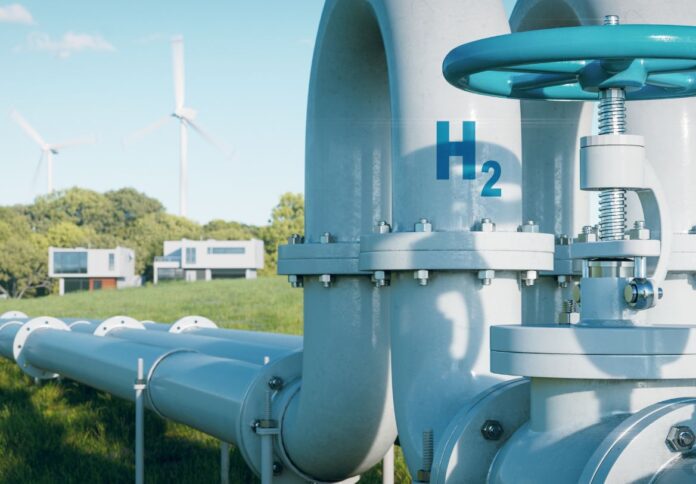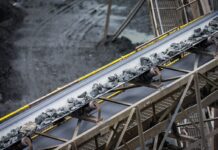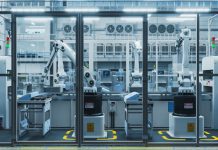
Australia and Japan’s leading engineering minds have released a joint report outlining how their combined technological expertise can drive a global renewable hydrogen sector, offering a roadmap for job creation, industrial decarbonisation, and bilateral economic growth.
Launched today in Osaka during World Expo 2025, the report The Australia-Japan Renewable Hydrogen Value Chain is the result of a collaboration between the Australian Academy of Technological Sciences and Engineering (ATSE) and The Engineering Academy of Japan (EAJ).
The project was led under the Emerging Research Leaders Exchange Programme (ERLEP), bringing together expert Fellows from both academies.
The report identifies hydrogen’s emerging role as a clean energy carrier and a vital chemical input, with transformative potential across both nations’ economies – from manufacturing and construction to agriculture, fertiliser, and chemical production.
It details the steps needed to produce, transport, store, and utilise green hydrogen at scale between Australia and Japan.
Fuelled by Australia’s abundant renewable energy resources and underpinned by engineering advances from both countries, the report argues that hydrogen could become a key trade and energy solution across the Asia-Pacific by 2050.
“Achieving this potential requires a sustained focus on skills, infrastructure and financing,” said ATSE CEO Kylie Walker.
“Japanese and Australian innovation, working together in partnership, are a force to be reckoned with. Today’s report lays out how retrained personnel from existing energy industries could add to their existing knowledge and fill the critical hydrogen roles of the future.”
The initiative is part of a broader vision to decarbonise traditional sectors while laying the foundation for future-ready industries.
The report highlights hydrogen’s role in helping to clean up hard-to-abate sectors such as steelmaking and fertiliser manufacturing.
“Japan and Australia are perfect partners for exploring the complementarity and synergy in their expertise in renewable hydrogen,” said Yuko Harayama, Chair of International Affairs at the EAJ.
“The key would be to bring together stakeholders from industry and academia from both sides.”
ATSE said the report sets a gold standard for international collaboration in clean energy, offering a framework not just for bilateral action but also for broader regional cooperation.
The organisation emphasised that global challenges in energy transition require collaborative, interdisciplinary approaches – and hydrogen offers a prime opportunity for leadership.
The report was developed by ATSE Fellows with deep expertise in energy, resources, and industry, alongside the EAJ’s ERLEP Executive Committee, who are committed to fostering strategic international research links.




















